IS06 - Physics and Simulation in Nautical Sports
With the continuous search for ever better performances in sport, numerical simulations are frequently used today to help analysing and improving sport performance. Numerical simulation has been used for many years in sailing yacht design, where CFD (Computational Fluid Dynamics) has progressively replaced traditional towing tank trials. However, the evolution of sailing yachts introduces new challenges: sailing boats, now often equipped with foils, operate in real sea states at high velocities, leading to complex multi-physics phenomena such as ventilation and cavitation. Furthermore, the flexible hydrofoils require fluid-structure interaction for accurate performance prediction.
Other nautical sports, such as rowing, kayaking, surfing and Olympic sailing classes, also experience fluid-structure interactions, as athletes strategically move sails, blades and foils through fluid media to improve their performance. These motions can be optimized for varying goals, exploiting the vortical flows that arise to achieve increased thrust, turning maneuverability, and stoppability. Environmental factors such as variable wind speed/gusting conditions and high-amplitude wave states add to the complexity of these problems, as does the three-dimensional nature of these flows.
These sports also lead to challenging coupled problems, since athletes are directly part of the mechanical system to be studied, which complicates the mechanics. The need for very accurate models is all the moreeven more present, since elite athletes already operate near the optimal point. Finally, validation is not an easy task for these configurations but remains an essential phase to ensure confidence in the results.
The objective of this mini-symposium is to provide an opportunity to present research related to nautical sports. Topics that are welcome include (but are not limited to) hydrofoils, aerodynamics, vortex flows, fluid-structure interactions, multiphysics multiphase flows like cavitation or ventilation, multibody dynamics, and design optimisation. Communications about race simulation, meteorology and human/athlete-performance integration through VPP’s and simulators are also appreciated, so as innovative experiments which can help to bring knowledge to and to validate numerical works, as they are recognized as an essential tool for these complex configuration.
We hope that all these discussions can contribute to creating tools which are useful as a performance aid, and to research that gives new insights and leads to a better understanding of physical phenomena in water sports.

